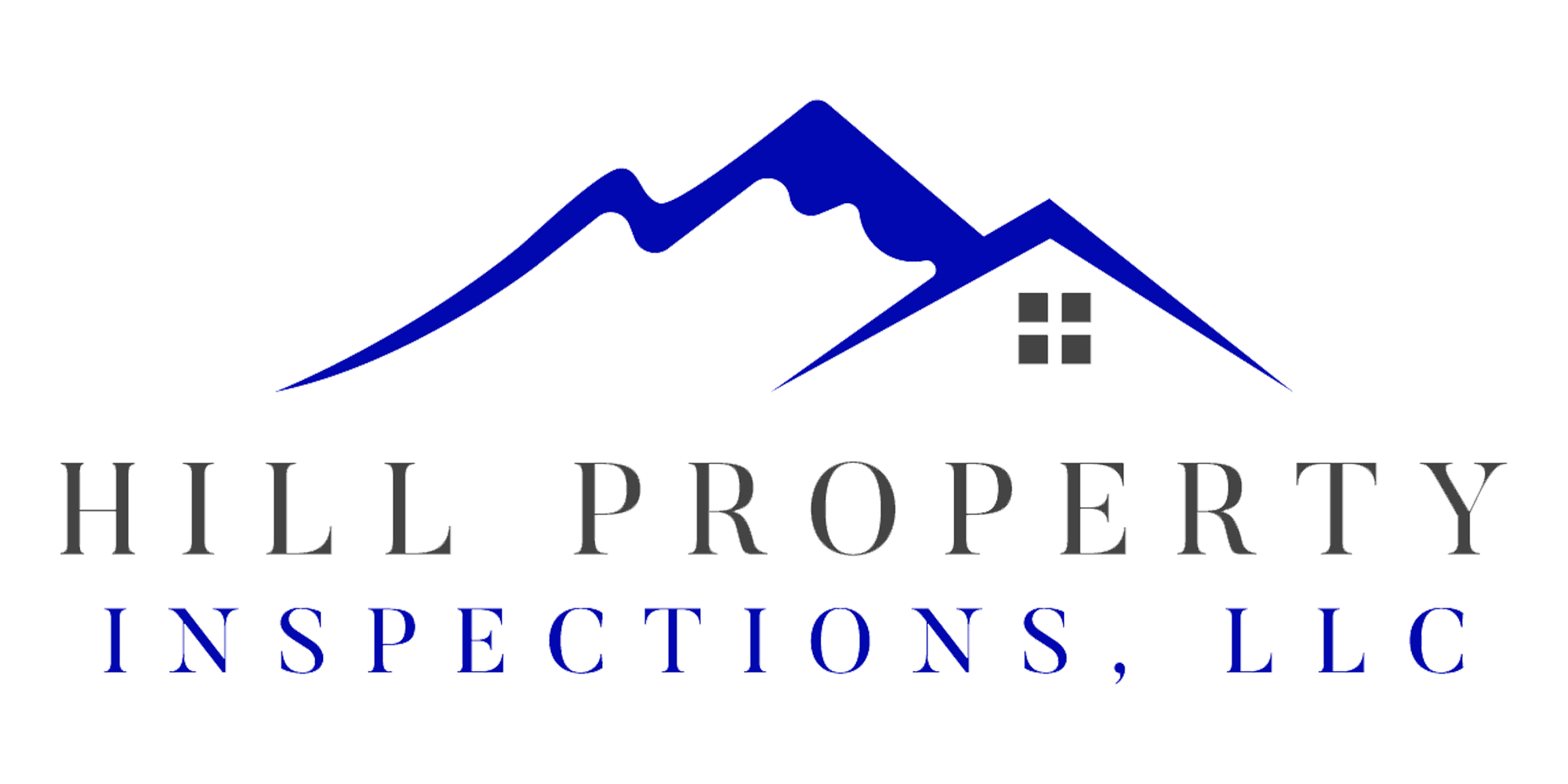Yes! The EPA recommends that all homes be tested for radon – an odorless, tasteless, and invisible radioactive gas that is the leading cause of lung cancer in non-smokers, responsible for over 20,000 deaths, on average, each year. Radon is a Class A carcinogen, listed in the same class as arsenic and asbestos. The radon problem is especially significant here in PA. On average, 1 in 15 homes (about 6%) have elevated radon levels nationwide, but in PA an estimated 40% of homes have elevated levels! In other words, if you live in Pennsylvania you are nearly seven times more likely to have a dangerous radon level than if you lived in most other states! If your home’s radon level is 4.0 pCi/L or higher, the EPA recommends that it be mitigated, and you are encouraged to consider mitigation if your radon level averages 2.0 pCi/L or more, as the average home level nationwide is 1.3 pCi/L and no amount of radon is known to be safe. Fortunately, even high radon levels can usually be corrected fairly easily and with less expense than you might think. We use Radalink AirCats, which are state-of-the-art continuous radon monitors, to test your radon level and provide detailed, accurate, and instant results after a short-term 48 hour test. The AirCat monitors can even detect tampering, so the client can rest at ease knowing their test results are accurate. Even if you have had a mitigation system installed, the EPA recommends having your home re-tested at least every two years to make sure your system is working properly, and we are happy to provide you with that service. In short, every home inspection in Pennsylvania should include a radon test and even homes with mitigation systems should be tested at least every other year.
For more information…
Click here for the EPA Home Buyer’s and Seller’s Guide to Radon
Click here for the EPA Citizen’s Guide to Radon
Click here for the Pennsylvania Citizen’s Guide to Radon
*See the image at the bottom of this page
PA DEP Certified Radon Testing Individual #3311
Our water analysis tests for total coliform bacteria, E. coli, nitrates and nitrites, total dissolved solids, pH levels and lead. This covers all the criteria required or recommended by the Pennsylvania Department of Environmental Protection and a typical FHA or VA loan, and provides you with a good overview of your water’s quality and safety. We hand deliver our water samples to an approved laboratory to ensure detailed and accurate results, and we provide you with a report of the lab’s findings. You may only be required to have certain contaminants tested for, but we only offer thispackage as it ensures a more thorough analysis and meets or exceeds all state or lender requirements. Whether you are required to have your water tested or not, it is strongly recommended that you do for your family’s health and safety.
Click here for more information from the PA DEP.
The U.S. Department of Housing and Urban Development (HUD) recommends that all people purchasing a home have it tested for mold by a qualified professional. Inhaled mold spores are known to cause potential health issues in some people, which are usually similar to allergy symptoms. In addition, some molds produce potentially toxic substances called mycotoxins. People with respiratory diseases like asthma or COPD, allergies or compromised immune symptoms are generally most prone to mold related health problems. If a significant mold problem is present, it means water/moisture is also a problem, which can lead to major structural damage. Even if a mold problem is not noticeable, you could be breathing in mold spores that are potentially harmful. For the safety of your family and home, having a professional mold inspection done is a wise investment.
At HPI, we offer two mold inspection options: complete and limited. With a complete mold inspection, we analyze all visible and accessible areas of the home to identify any visible mold as well as any conditions conducive to mold growth. This includes a thorough visual examination, use of a moisture meter, testing humidity levels, and other important practices. With a limited mold inspection, we analyze specified areas only, which are usually what lead the client to call us in the first place.
Complete and limited inspections both require a minimum of 3 air samples – two indoor air samples to determine what spores occupants are likely actually inhaling, and one outdoor control sample that is used as a comparison for indoor levels. In a healthy home, the types and amounts of mold in the indoor air are similar to those outdoors. There is no charge for the outdoor control sample, despite the fact that we have to pay the lab to have it analyzed. Each air sample is sufficient for measuring approximately 800 square feet, so larger homes may require additional samples. If visible mold is present, surface samples may also be taken, and the client must approve of additional samples being sent to the lab for testing and being billed for them.
Upon completion of the mold inspection and consultation with the client, all samples are sent to a certified laboratory, InspectorLab, for detailed analysis. We provide you with a report of the lab’s findings and review the results with you to ensure you have a clear understanding of the types and levels of mold in your home and whether the results may warrant remediation. If you do decide to hire a separate company for remediation, a post-remediation inspection should be done to verify that the remediation was successful, which follows the exact same procedures and pricing outlined here. However, the post-remediation inspection is typically limited since it involves the area worked on only and is, therefore, often less expensive. The cost of testing for mold and having mold remediated can be quite high, depending on the severity of the mold problem, but we are here to help you along the way!
For more information on mold, mold inspections and mold remediation, please click here.
While our company itself offers no guarantees or warranties, we do provide all of our home inspection clients with a free, zero deductible 90 day home warranty, as well as protection plans to cover water and sewer lines, mold and roof leaks, through another company, Residential Warranty Services (RWS). The warranty and protection plans are good for 90 days from the date of the inspection or 22 days after closing – whichever comes later. Clients have the ability to continue the SewerGard coverage plan beyond the 90-day coverage period for a small monthly fee. We take great pride in offering these very valuable protections to our clients, free of charge, as these are benefits most inspectors do not offer. The home warranty covers most structural and mechanical issues a new homeowner may encounter. Should any issues arise during the warranty period with items that appeared to be in acceptable condition at the time of the inspection, simply call RWS. In most cases your claim will be covered, your repair or replacement will be done quickly and professionally, and all at no cost to you!
Click here to view the RWS 90 Day Home Warranty coverage details, and click here for information on the other protection plans.
Occasionally, a comprehensive home or commercial property inspection isn’t desirable for would-be property owners. In particular, people looking to purchase foreclosure properties, investment properties (rentals), and commercial properties may be interested only in more major defects that might exist rather than every defect that would be reported with a typical, full inspection that is conducted in accordance with the Standards of Practice. These types of property transactions often have short deadlines, making scheduling of a comprehensive inspection difficult. Utilities are often shut off, which drastically limits the ability to perform a traditional inspection. Properties are often tenant occupied, and conducting a regular inspection can be somewhat intrusive or inconvenient. Simply put, these types of properties are often not conducive for a traditional inspection.
In such cases, a walk-through inspection may be a desirable option. Contrary to a typical inspection, which is performed in accordance with set standards and provides a written report with images, a walk-through inspection is an informal inspection that involves no written report or images. We simply meet at the property, conduct a walk-through inspection, and verbally communicate our findings. Observable major defects are still identified and reported to the client, but not in the form of a document that can be thoroughly studied and saved for future reference. And because the walk-through does not require the additional time and work of writing a detailed report, the cost is significantly less. A comprehensive home or commercial inspection is always advised when possible; but the simplicity, low cost and ease of scheduling involved with a walk-through makes it a very practical and appealing option to certain clients, depending on circumstances.
*Due to the nature of a walk-through inspection, this option is only offered to clients purchasing a foreclosure, rental or commercial property.
If you have any questions that are not covered here or elsewhere on the site, please do not hesitate to call and ask us!

